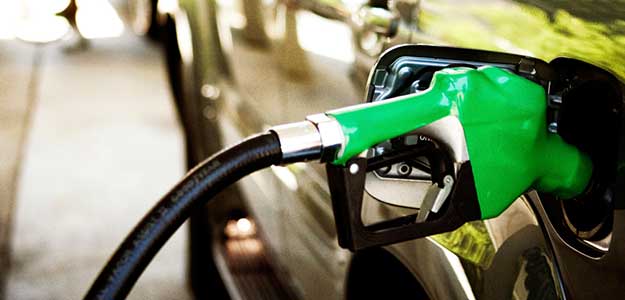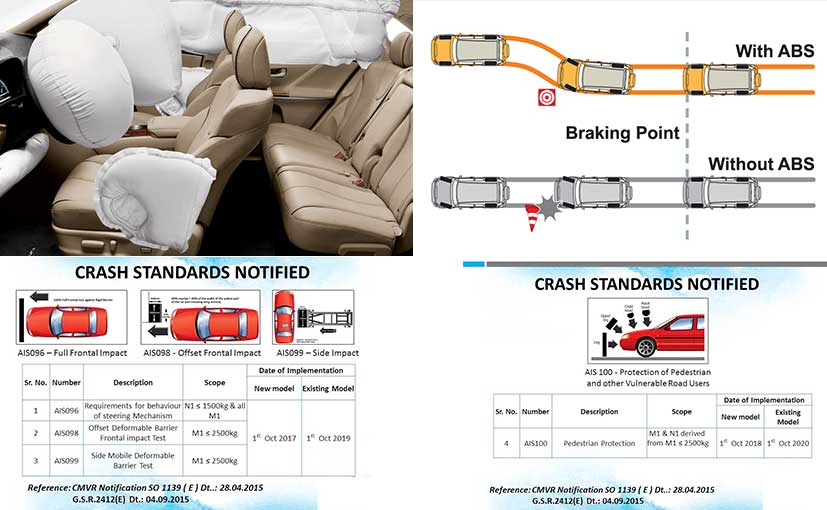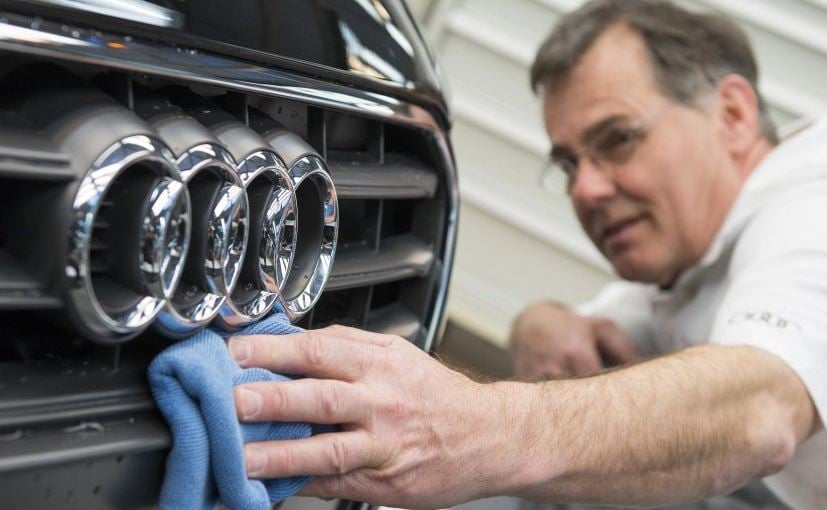Top 5 Happenings In The Indian Automotive Industry In 2016

Highlights
- Supreme Court lifted the ban on 2000cc & above diesel car in Delhi/NCR
- Audi developed VW's emission test cheating software
- Impact of Demonetisation on vehicle sales in India
Delhi Diesel Car Ban
It came as a big surprise to not only car manufacturers but also consumers when the National Green Tribunal (NGT) directed central and state governments to stop buying diesel vehicles as well while goods vehicles were to enter the city in shifts in the Delhi/NCR region. On April 30th, 2016, the SC upheld its decision and banned diesel cabs from Delhi. All this done because of a case study by students in IIT Kanpur, which showed that high capacity diesel engines are the cause of pollution. This is why cars with engines up to 2000cc and above were banned from registering in the Delhi/NCR region.

While we provided you with the list of cars that were affected due to this ban, carmakers like Tata Motors, Mahindra and Mahindra, Mercedes-Benz, Audi were most affected. While the car makers shared their side of the story in front of the Supreme Court, it finally lifted the ban later this year on the condition that a green fine will have to be paid by manufacturers or dealers to compensate for polluting the city's air. The tax - 1 per cent of the ex-showroom or retail price - must be deposited in a designated state-run bank. Pursuant to the court's directive the government has fast-tracked the adoption of stricter emission norms in-line with the Euro VI regime seen in Western Europe.
Safety Norms To Come Into Force In India

India still has a long way to go when it comes to safety - for both passenger vehicles and pedestrians too. But now we have more clarity on some much-needed safety norms that India is set to adopt soon. Crash testing will soon become compulsory for Indian cars. According to the Central Motor Vehicle Regulations (CMVR) that are set out by the Automotive Research Association of India (ARAI), crash tests will come into regulation from October 1, 2017, for all new car models. This means that any car launched post-October 1, 2017, will have to be certified in crash tests and will have to meet a set standard. Existing car models will not be spared either and by October 1, 2019, every single car sold in India will have to undergo a crash test certification - meaning some existing models will likely need updating. ABS and Airbags too will be made compulsory in India and that will come into force by 1st October 2020. Radar driver aids and pedestrian safety too are looked into and there's a lot of headway in this direction.
Volkswagen Dieselgate - India Impact
Last year in September 2015, German auto giant, Volkswagen admitted having manipulated the engines of around 11 million diesel cars, including its VW, Audi, Porsche, Skoda and Seat brands. The company used an emission test cheating software, which was incidentally developed by Audi, to cheat emission tests. The emission scandal first broke out in the US and the company is still undergoing investigation over there for its act.

After multiple recalls in the US, Europe and other global markets pertaining to the 'Dieselgate Scandal, Volkswagen finally announced a massive recall in India as well. The company recalled about 1.90 lakh cars sold in India, starting July 2016. Volkswagen clarified though that this was purely a voluntary recall to fix the emission software, as the company is not facing any charges in India for the emission scandal.
New Motor Vehicle Amendment Bill
The Union Cabinet finally approved the much debated Motor Vehicles (Amendment) Bill 2016 that proposes stringent changes in laws and fines for road and vehicular safety. With the bill finally set to see the light of the day, here is how the amendment is all set to change the fines, laws and norms while helping reduce accidents and road fatalities which are the highest in India. We've already provided you with a list of changes that have been made but the new bill proposes to amend 68 out of 223 sections of the current Motor Vehicle Act. So, if you are caught breaking traffic rules, the fines are a lot more than you expected. This is a very significant bill and we hope people out there learn the importance of following rules.
Demonetisation Impacts Auto Industry
November 2016 was quite an eventful month for the Indian automotive sector. The announcement of demonetisation of Rs. 500 and Rs. 1000 in the middle of the festive season did have a considerable impact on sales. The Society of Indian Automobile Manufacturers (SIAM) is calling it a temporary disruption in an otherwise healthy industry and hopes it passes quickly. But the impact could be deeper than it wishes. Overall domestic sales for passenger vehicles, commercial vehicles, three-wheelers and two-wheelers for November 2016 were 1,563,665 units, down 5.48% year on year - the sharpest drop in nearly 4 years. Manufacturers with a healthy order book - like Maruti Suzuki or Hyundai - are less affected by demonetisation than others. It has been easier for them to adjust the production and despatch existing inventory to dealerships. This is of particular importance at this time of the year, since most brands had exhausted built-up inventory during the recently concluded festive season. Most manufacturers reported a sharp drop in footfalls to their dealerships, especially in the first week since the demonetisation announcement. As the month progressed, footfalls have steadily recovered.
Related Articles
Latest News
Popular Volkswagen Models
 Volkswagen VirtusEx-Showroom Price₹ 10.89 - 19.15 Lakh
Volkswagen VirtusEx-Showroom Price₹ 10.89 - 19.15 Lakh Volkswagen TiguanEx-Showroom Price₹ 35.17 Lakh
Volkswagen TiguanEx-Showroom Price₹ 35.17 Lakh Volkswagen TaigunEx-Showroom Price₹ 11.7 - 19.74 Lakh
Volkswagen TaigunEx-Showroom Price₹ 11.7 - 19.74 Lakh Volkswagen New TiguanEx-Showroom Price₹ 35.17 Lakh
Volkswagen New TiguanEx-Showroom Price₹ 35.17 Lakh Volkswagen Tiguan R-LineEx-Showroom Price₹ 49 Lakh
Volkswagen Tiguan R-LineEx-Showroom Price₹ 49 Lakh Volkswagen Virtus GTEx-Showroom Price₹ 17.48 - 19.35 Lakh
Volkswagen Virtus GTEx-Showroom Price₹ 17.48 - 19.35 Lakh














